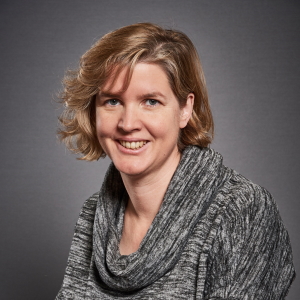School of Life Sciences
In the School of Life Sciences we seek to understand our world – the earth and the people, plants, animals and microbes that inhabit it. How they co-exist, what happens when things go wrong and how we can fix it. You may choose to study areas from fundamental biosciences such as biochemistry, biology, neuroscience and pharmacology, or the health and disease of humans and animals on our biomedical science, bioveterinary science, bioengineering and microbiology and immunology courses, or the environmental sciences including geology, ecology, biodiversity, and our impact on the world around us. Our mission is to ensure that our research-led courses prepare students for careers that address the most significant challenges facing society today.
Welcome from the Head of School

Professor Pip Beard, Head of the School of Life Sciences
We are delighted that you are thinking of studying with us! Whether you are looking to study an undergraduate or a postgraduate degree in the life sciences we are looking forward to supporting you in your explorations of the world we live in.
We have a range of life science courses to offer you including Biology, Ecology and Conservation, Biochemistry, Neuroscience, Biomedical Science, Bioengineering, Bioveterinary Science, Environmental Science, Geography, Geology, Microbiology and Immunology, and Pharmacology. You will have the chance to engage with a variety of teaching methods including active-learning lectures, tutorials, practical classes and fieldwork activities. These methods promote social learning, interaction and collaboration, as well as developing your hands-on practical and observational skills. Accompanying online resources will support your learning, giving greater flexibility in how, when and where you study. Throughout your course of study you will be encouraged to deepening your understanding through wider application, discussion and evaluation of content, and these skills will be applied in an experimental research project.
We also offer a suite of additional workshops and plenary sessions, developing wider academic, professional and employability skills. This includes career planning and support, with many of our students progressing to further study such as on one of our MSc or MRes programmes, or as part of our integrated Masters award available on some routes, or even as a more focused programme of research study for a MPhil or PhD.
So whichever programme you choose to follow, we look forward to welcoming you to Keele.




.jpg)
